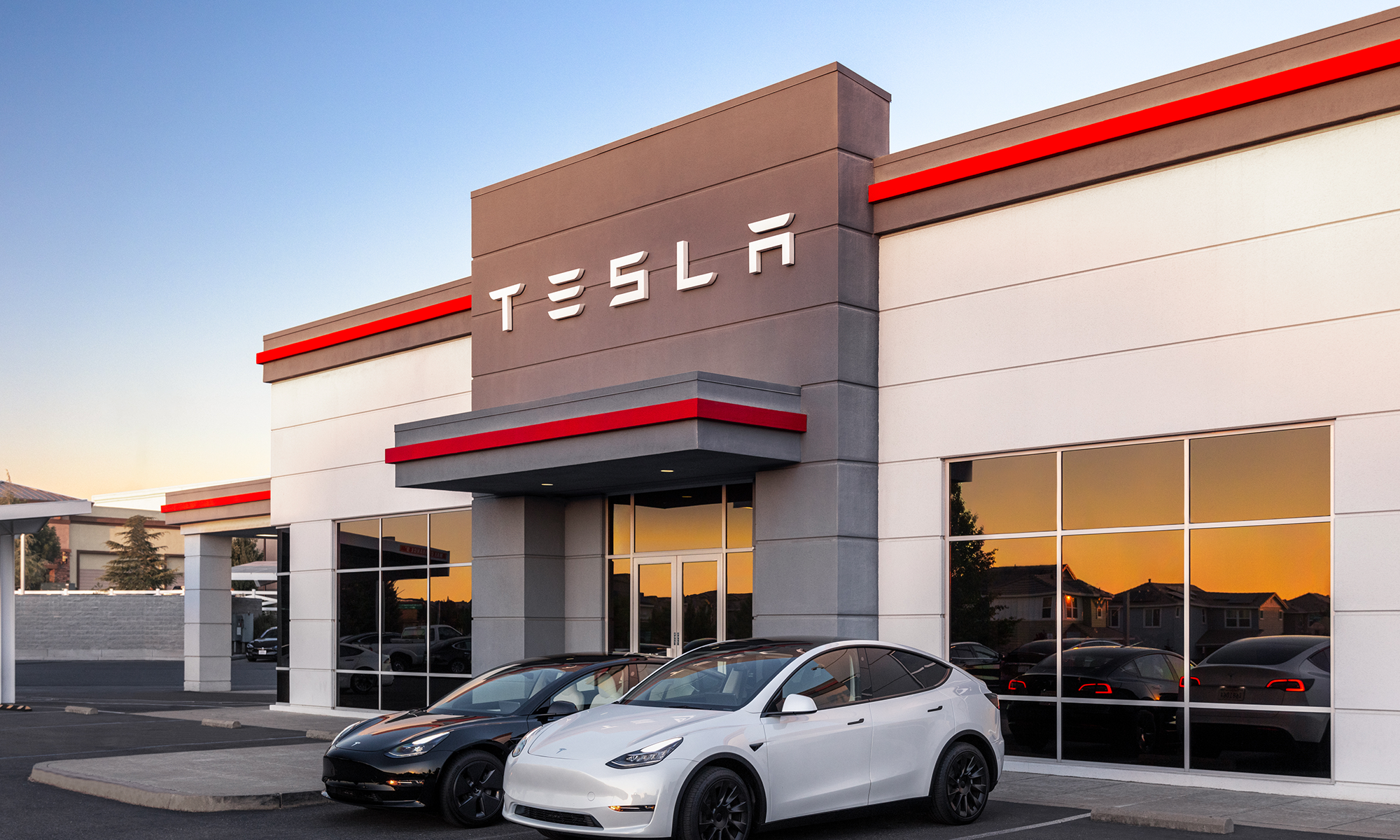If you have been following Tesla (TSLA 3.78%) for the last decade, you will know that it has always attracted a cult following. The electric automaker is perceived as a technology disruptor that isn't afraid to push the envelope under the leadership of its controversial CEO, Elon Musk. And it has typically enjoyed a premium valuation compared to tangible performance metrics like revenue and earnings.
But despite a nosebleed valuation, Tesla has historically proven its naysayers wrong, achieving its first full-year profit in 2020 and becoming the most profitable American automaker in 2022.
The honeymoon period didn't last long. Three years later, Tesla is once again overvalued because of a dramatic drop in profits amid electric vehicle (EV) competition and consumer boycotts related to Elon Musk's political activism. Over the next ten years, the company will have to prove itself once again. Let's dig deeper to see how this might play out.

NASDAQ: TSLA
Key Data Points
Why Tesla needs to pivot
America's most successful tech giants have a clear pattern. They often use the scale and infrastructure developed for their core business to establish a competitive edge in even bigger opportunities. Amazon used its e-commerce marketplace as an anchor tenant for its cloud-computing division, Amazon Web Services (AWS). Nvidia's video game graphics tech turned into the foundation for its leadership in generative AI hardware. Tesla aims to pull off a similar pivot with its auto business.
Something clearly needs to change. Tesla's first-quarter earnings demonstrate that EV manufacturing is no longer capable of justifying an otherworldly valuation. For context, shares trade for a price-to-earnings (P/E) multiple of 184 compared to the S&P 500 average of 28.
Meanwhile, Tesla's total revenue fell 9% year over year to $19.3 billion, driven by an alarming 20% drop in total automotive sales due to intense consumer boycotts in the U.S. and Europe. Recent refreshes of the Model Y and Model 3 did little to stop the bleeding. And operating profits tanked 66% year over year to $399 million. New business verticals will likely be the only way for Tesla to regain a growth trajectory.
Tesla's 10-year strategy
Over the next ten years, Tesla's story will depend on its non-automotive revenue streams, which have likely always been part of its long-term strategy. Some of these businesses are already booming. For example, energy generation and storage revenue jumped 67% to $2.73 billion, representing around 14% of total sales. And because this business focuses on commercial and government clients, it is shielded from some of the brand erosion Tesla has seen among regular consumers.
However, as time goes on, Tesla's self-driving and robotaxi businesses will likely determine the company's future. According to analysts at McKinsey and Company, autonomous driving could create $300 to $400 billion in revenue by 2035, and much of this will likely be high-margin software and services as the technology is potentially marketed as a recurring subscription or used for autonomous taxi services.

Image source: Getty Images.
As an automaker, Tesla has a tremendous advantage over its primary U.S. rival, Waymo, which must source its cars from expensive third parties that are vulnerable to tariffs. Tesla's focus on inexpensive cameras and computer vision could also help make its strategy more scalable than Waymo's expensive combination of LiDAR, radar, and other sensors.
Tesla robotaxi service launched in Austin, Texas, this month. And while early operations will be geofenced to areas the company considers to be safest, the program could generate valuable training data and help set the stage for larger-scale commercialization in the future.
Is Tesla stock a buy?
Tesla clearly has the potential to justify its sky-high valuation through new growth opportunities like self-driving cars. Over the next 10 years, the company can regain its growth trajectory as these new opportunities defray weakness in its core automotive operations.
That said, Tesla still doesn't look like a compelling buy because success is already priced into the stock. Furthermore, Elon Musk's political antics have created a cloud of uncertainty over the company that could severely impact its ability to pioneer new and often controversial technologies. Investors should wait for a lower price before buying shares.





